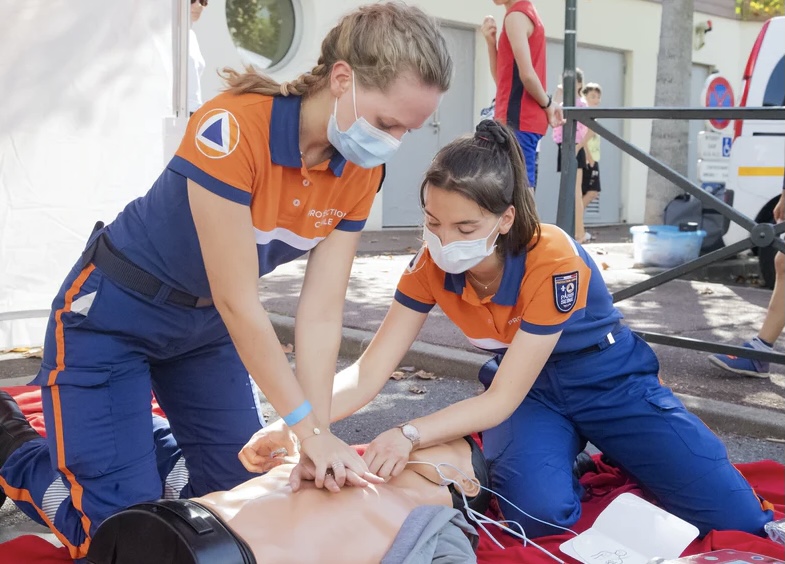
A do-not-resuscitate order, or DNR, can have unintended consequences.
Imagine this horrifying scene.
You are suffering the effects of an accident, illness, or complications of a routine medical procedure.
The only way to give you a chance at recovery is to perform CPR.
According to a recent The Petoskey News-Review article titled “Do-not-resuscitate orders apply to use of CPR in critical situations,” decisions you made prior to this event will impact what happens next.

It is important to communicate to your family your preference for or against a DNR.
Of particular importance is whether a DNR was signed.
What is a DNR?
The DNR is signed by a physician at the request of the patient.
This legally binding order informs medical providers you do not want to be resuscitated.
In short, CPR will not be performed.
CPR is typically attempted in situations where a patient does not nave a pulse, is not breathing, and is unresponsive.
At this point, medical professionals typically perform CPR in an attempt to revive a patient.
CPR is considered successful when a patient recovers a pulse, but there is no guarantee your cognitive and mental capabilities will not be affected by the period of time during which blood was not flowing to your brain.
While CPR is only successful in 15 to 20 percent of cases, refusing CPR means the chance of recovering a pulse is zero.
Does a DNR impact other care besides CPR?
It should not.
Those with a DNR order should receive the exact same medications and procedures as those without a DNR, apart from the CPR component.
Of note is the difference between hospital and out-of-hospital-DNRs.
What are they?
Those with an out-of-hospital DNR will not receive resuscitation support even if they encounter a problem at home or outside of a medical facility.
Out-of-hospital DNRs should be carried with the individual at all times.
These decisions should be made and communicated long before they are needed in consultation with your physician.
Incapacity planning is key component to estate planning.
It is essential that you execute an advance health care directive to appoint agents/advocates you know and trust to make decisions for medical decisions for you if incapacitated.
This legal document is broader than and distinct from the very specific DNR.
Once executed, a copy of your advance health care directive and DNR (if you have one) should be provided to all stakeholders in your health care decisions.
These stakeholders include your loved ones, your agents/advocates, and physicians.
Communication is key.
Remember to inform your stakeholders about what you would want and not want in terms of your health care wishes.
You and they will be glad you did.
Reference: The Petoskey News-Review (Sep. 23, 2021) “Do-not-resuscitate orders apply to use of CPR in critical situations”
REMEMBER: “The choice of a lawyer is an important decision and should not be based solely upon advertisements.”
This statement is required by rule of the Supreme Court of Missouri.
